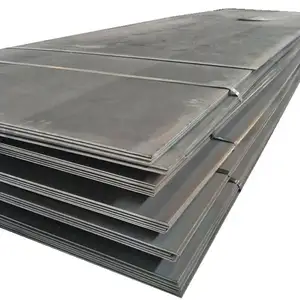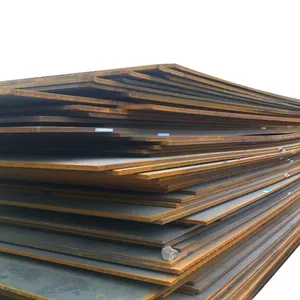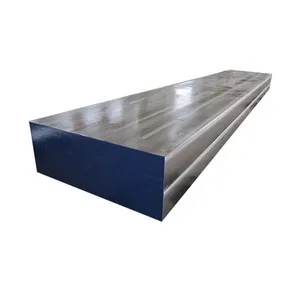Các danh mục hàng đầu

PCB & PCBA

Bảo vệ nguồn điện & mạch

Đầu nối & Phụ kiện

Viễn thông

Hệ thống phát triển

Vật dụng & phụ kiện điện tử

Linh kiện thụ động

Cách Ly

Linh Kiện Âm Thanh Và Sản Phẩm

Cảm biến

Màn hình, Biển hiệu & Thiết bị quang điện tử

RF, Lò Vi Sóng Và RFID

Đi-ốt, Linh kiện bán dẫn & Bán dẫn 4 lớp

Không dây & IoT

Nguồn Cung Cấp Điện

Rơ Le
About products and suppliers
Duyệt qua các phiếu mua hàng và tìm mua sỉ giá thép scm440 , cáp thông tin liên lạc rs232, v.v. Nhiều keyword cáp thông tin, mỗi keyword có một thành phần, thiết kế và chức năng cụ thể. Ví dụ, một cáp thông tin liên lạc dưới biển là một cáp chạy qua đáy biển. Nó bao gồm một sợi cáp khổng lồ 8 lớp, dày 1 inch, dùng để kết nối các lục địa và các vùng lãnh thổ khác trên một vùng nước rộng lớn. Những chiếc hiện đại có cáp quang trong lõi của chúng. Điều này làm cho nó có thể liên lạc tín hiệu xuyên lục địa. Hạ cấp nó xuống, chúng ta có một keyword cáp khác là cáp giao tiếp USB. Điều này thường gặp ở các thiết bị ngoại vi và phụ kiện cho máy tính, chẳng hạn như chuột, bàn phím, webcam, v.v..
Một khía cạnh quan trọng khác trong thành phần của giá thép scm440 và dây điện có được che chắn hay không. Dây giao tiếp không được che chắn sẽ thiếu lớp kim keyword bao quanh các dây bên trong. Dây giao tiếp đôi xoắn không được che chắn (UTP) là một ví dụ của keyword dây này. Việc che chắn này rất quan trọng để bảo vệ đường truyền khỏi bị nhiễu. Nó cũng hoạt động như một phần tử nối đất, cho phép truyền nhanh hơn. Dây giao tiếp được bảo vệ đôi xoắn (STP) là một ví dụ về dây được bảo vệ. Các keyword cáp mạng quan trọng khác bao gồm cáp truyền thông Modbus và cáp truyền thông Profibus. Cả hai đều được sử dụng trong truyền dữ liệu mạng phức tạp. Chúng hoạt động với các trình kết nối khác theo giao thức chính / phụ.
Trên Alibaba.com, bạn có thể liên hệ với các nhà cung cấp quốc tế. Tìm giá thép scm440 bán buôn, linh kiện cáp Modbus, cáp truyền thông nối tiếp, v.v. Duyệt qua phiếu mua hàng, kiểm tra thông số kỹ thuật và chọn nhà cung cấp có dây và cáp thông tin liên lạc phù hợp với mặt hàng kinh doanh của bạn.
























 浙公网安备 33010002000092号
浙公网安备 33010002000092号 浙B2-20120091-4
浙B2-20120091-4